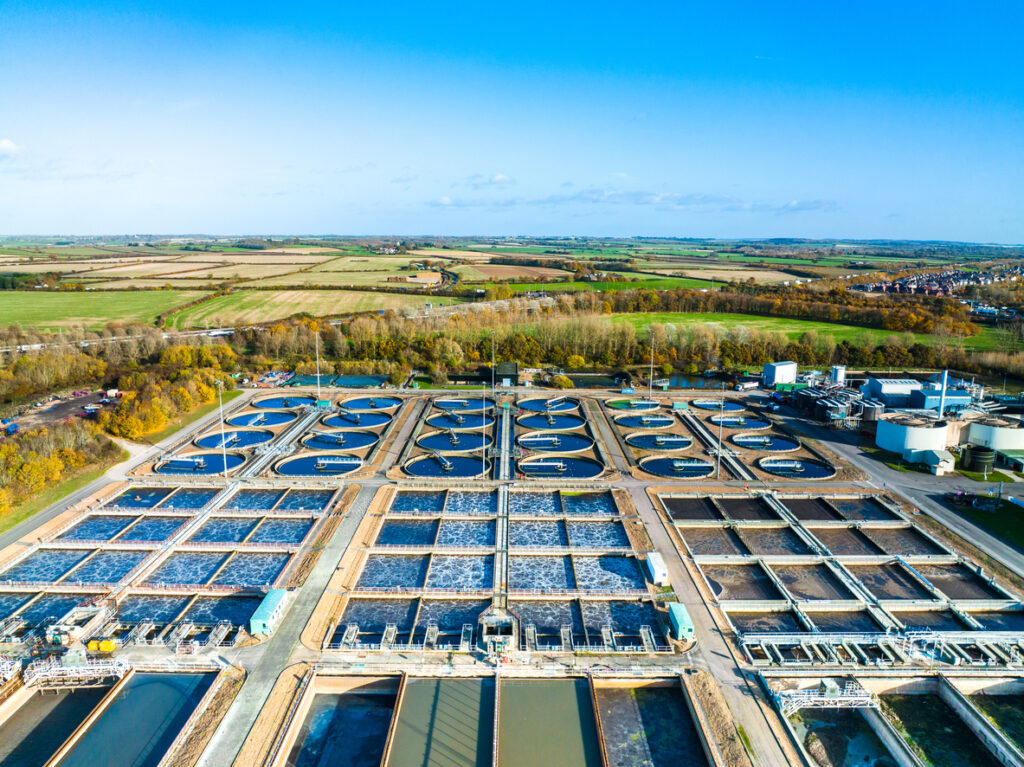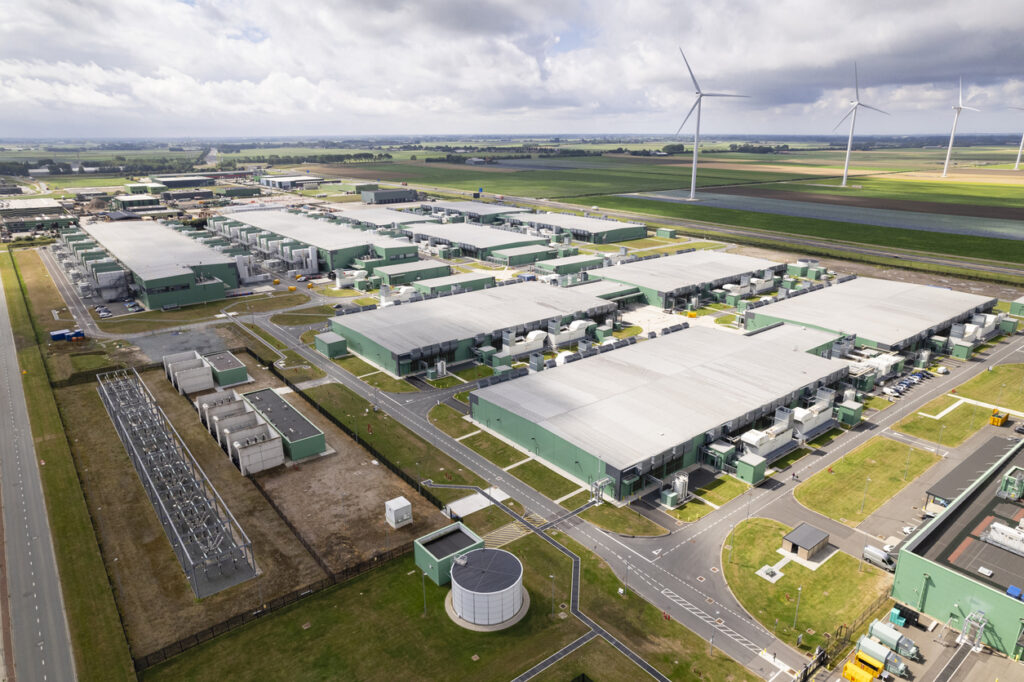Independent Water Commission Call for Evidence
On 27 February 2025, Sir John Cunliffe, Chair of the Independent Water Commission, launched a call for evidence for the Independent Water Commission in England and Wales to seek views on key issues like water pollution, regulatory gaps, and the resilience of water industry infrastructure. This is a unique opportunity for stakeholders to shape the future of water management.
The call for evidence can be found here and stakeholders are invited to complete it by 23 April 2025.
The goal of the call for evidence is to explore meaningful reforms to ensure cleaner water, a stable, well-funded water sector, and to restore public trust, while creating a sustainable, long-term approach to managing water resources and improving sector performance.
How far has the UK water industry come?
Reflecting on the past, it is easy to forget how precarious the water industry was in the 1980s. After decades of under investment, Britain earned the unfortunate title of ‘the dirty man of Europe’, with polluted rivers, substandard bathing waters, and poor-quality drinking water. However, change came with Margaret Thatcher’s pivotal 1988 environmental speech, followed by the privatisation of water companies in England and Wales in 1989.
As part of that privatisation, the government absorbed historic debts, anticipating that private ownership would boost investment and meet stringent EU environmental standards. New regulatory bodies, including Ofwat, the Drinking Water Inspectorate (DWI), and the Environment Agency, were established to oversee the industry and protect consumer interests.
Since privatisation, capital investment of over £224bn has delivered significant improvements, such as world-class drinking water quality, enhanced environmental monitoring, and reduced leakages. These achievements have largely been driven by private sector funding, with capital investment financed through borrowing repaid over time by customers. However, investors require a prudent risk-based model with sensible returns for them in order to encourage them to invest their capital.
Tackling today’s challenges in the UK water industry
Despite these advancements, even more investment is required to deal with today’s challenges of population growth, aging infrastructure, and climate change. Despite past successes, political and public trust in water companies has declined, fuelled by record fines for pollution, storm discharges, and mounting debts. Dividends often match profits, raising concerns about corporate priorities.
Historically, regulators have taken a light-touch approach, with water companies self-reporting on metrics. Critics argue that Ofwat, tasked with minimising bill increases, has been ineffective, complicated by perceived conflicts of interests when former executives join water company boards.
To re-build confidence, strengthening regulatory frameworks with stricter accountability and outcome delivery incentives (ODIs) could drive meaningful improvements and help restore trust.
Rethinking the water sector structure
As monopolies, water companies have minimal competition. Current schemes, like new appointments and variations (NAVs) used for housing developments, or the liberalisation of the business retail market, have introduced some competitive elements. Expanding competition to household retail could allow water companies to focus on core infrastructure, while driving better service through market forces.
Ownership models have shifted since privatisation. Today, only three companies remain publicly listed, with others privately owned or run as not-for-profit entities. Regardless of ownership, enhancing accountability and transparency to customers, not just shareholders, is crucial. Greater customer representation at board level could foster improved governance and public trust.
Embracing technology to improve water industry performance
Technological innovation offers transformative potential. Digital twin technology and AI-powered predictive analytics can proactively address leaks and spills, while smart meters could boost efficiency. However, consumer resistance, often due to cost concerns, remains a hurdle. Additionally, government and water company-backed educational campaigns could encourage the adoption of smart meters and foster sustainable water use.
The UK’s Victorian era infrastructure struggles to meet modern demands and, whilst initiatives like the Thames Tideway Tunnel and £7.9bn funding for nine new reservoirs are promising, more is needed to upgrade pipelines, sewage systems, and flood defences.
Encouraging competition and innovation through the updated procurement rules, such as the Procurement Act 2023, could help overcome specialist contractor shortages.
A holistic approach to water management
Cross-sector collaboration is vital for delivering sustainable water management solutions. Partnerships with agriculture on nitrate reduction, and advocating for sustainable drainage in housing developments, are just a couple of examples of how expanding initiatives, like Ofwat’s £150m Innovation Fund, could further accelerate progress.
It is important to explore successful models both within the UK and internationally to identify practices that drive meaningful improvements. Sectors such as energy and telecommunications in the UK offer valuable lessons on innovation, competition, and regulatory frameworks. Internationally, countries like Denmark and Singapore have demonstrated exceptional water management systems, focusing on sustainable practices, technology integration, and public–private partnerships. Drawing on these examples can help implement strategies that foster efficiency, innovation, and environmental stewardship in the UK water sector.
The role of water companies in sustainable development and planning
Water companies must play a more active role in planning decisions for sustainable development. By advocating for measures like sustainable drainage systems (SuDS) to be integrated into housing and infrastructure projects, companies can mitigate surface water flooding and reduce pressure on drainage networks. Granting water companies greater influence over planning policies ensures that developments align with long-term resource management goals, reducing the financial and environmental burden on the sector, while also improving resilience.
A unified vision for the future of the UK water sector
A holistic vision is needed to secure the UK’s water future; financial investment must align with regulatory, technological, planning and collaborative efforts. By uniting regulators, government, businesses, and consumers, the sector can achieve a sustainable future and regain public confidence. Together, we can ensure that the UK’s water sector becomes a global example of sustainability, resilience, and trust
How we can support your water and energy projects
Our experienced legal team advises energy and water sector clients on regulatory compliance, infrastructure projects, procurement and competition law. Whether you’re navigating Ofwat regulations, investing in infrastructure upgrades, or developing innovative water management solutions, we offer expert guidance tailored to your commercial goals.
Get in touch today to find out how we can help you achieve sustainable success in the evolving water and energy sectors.







